A Temporary Solution, A Lifetime of Struggle
AUGUST 29, 2024
Marka Camp, also known as Schneller Camp, is located just 10 kilometers northeast of Amman, Jordan. Established in 1968 as a temporary refuge for displaced Palestinian families, the camp was initially intended to offer immediate relief and support for those fleeing conflict. The Jordanian government, in collaboration with the United Nations Relief and Works Agency (UNRWA), sought to provide these refugees with safety and essential services during a period of great uncertainty. However, what was meant to be a short-term solution has, over time, turned into a more permanent reality.
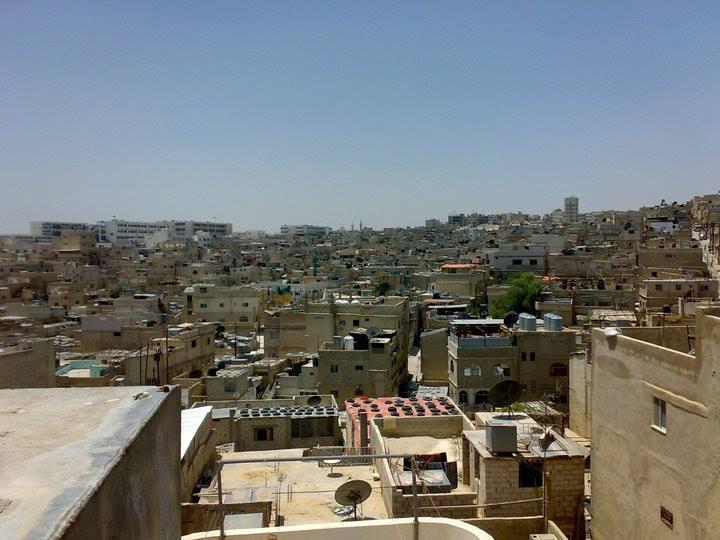
Decades later, the camp remains home to thousands of people. The land, owned by the Jordanian government and leased to UNRWA, allows residents the right to live there—but without the security of ownership. This fragile legal status further complicates the already difficult lives of the camp’s residents.
The prolonged situation, combined with exponential population growth and limited resources, has strained the camp’s infrastructure far beyond its intended capacity. The 2023 census indicated that Marka Camp now hosts more than 68,000 residents in an area of around 917 square meters, equating to only about 0.0135 square meters per person.
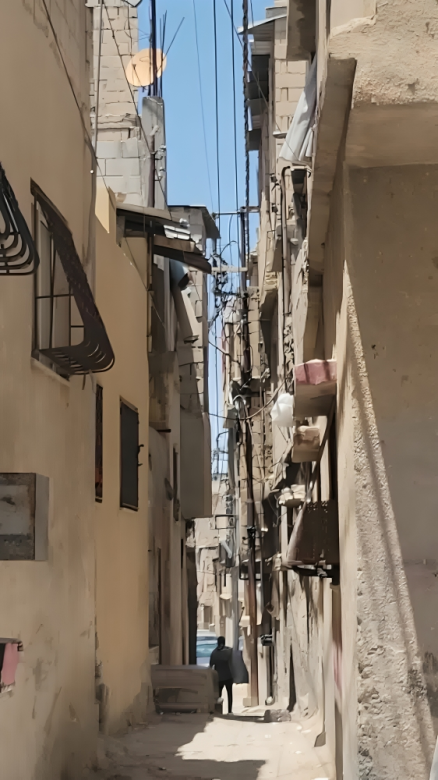
The limited land space has forced residents to build upwards, adding makeshift floors to their homes in a desperate attempt to create more space. This has resulted in a maze of narrow alleys and towering structures, so densely packed that even cars struggle to navigate the camp. These vertically expanding homes still operate on the original water and electricity systems, designed only for the initial single-story buildings. The increased demand from multiple floors strains these outdated systems, creating significant fire hazards. Additionally, the water supply is insufficient for the growing population, leading many families to experience frequent water shortages, further compounding their daily struggles.
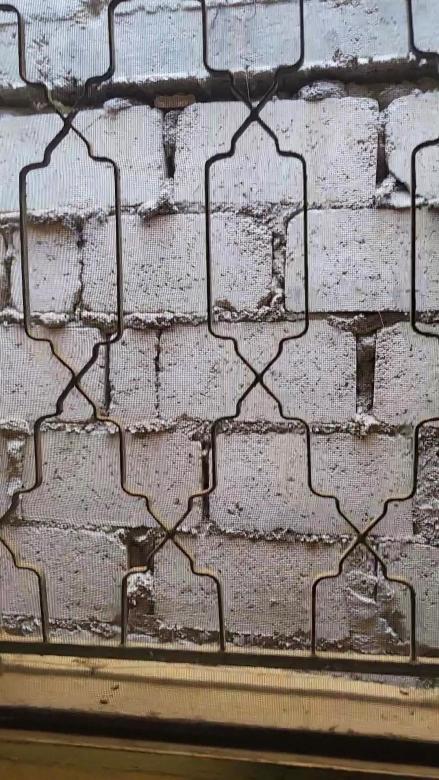
The lack of space has also led to poor ventilation. Homes are crowded together, separated by thin walls, which trap heat, moisture, and air pollution, creating unhealthy living conditions that impact the residents’ health.
Among the camp’s residents, Gazan refugees face particularly harsh challenges. Unlike many Palestinian refugees in Jordan who have been granted citizenship, Gazans live in a legal limbo. They cannot own property, legally register businesses, or work in many professions. These restrictions severely limit their potential to build stable, secure lives, making it even harder for them to find a way out of the difficult conditions in the camp.
The living conditions in Marka Camp are dire. Many homes lack proper roofs, relying instead on old, deteriorated materials that do little to protect against the elements. During winter, heavy rains flood these homes, turning them into uninhabitable spaces.
Nour, a mother of eight, knows this struggle all too well. Her small, two-bedroom home becomes a flooded ruin every winter, forcing her family to move in with her mother-in-law. The constant dampness has led to rampant mold growth, leaving her children frequently sick and unable to attend school. The mold and poor ventilation in her home are constant reminders of the inadequate conditions that plague so many in the camp.
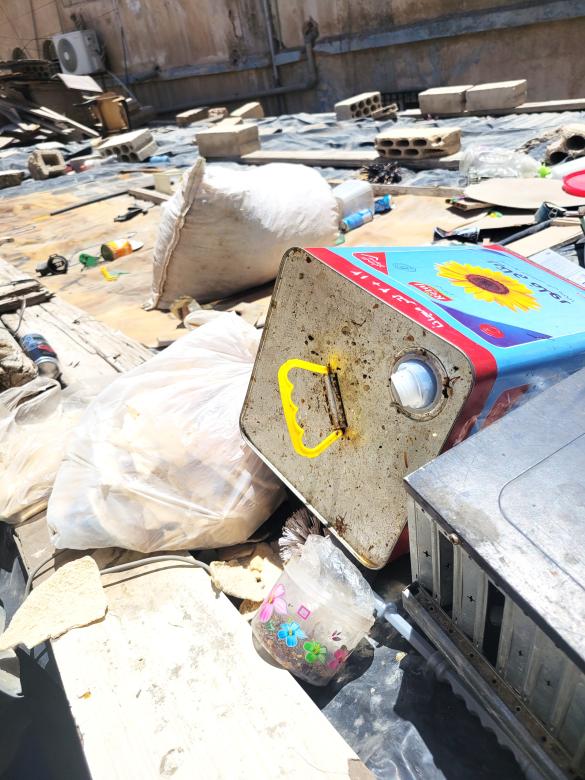
Then there’s Um Abdelrahman, the camp’s beloved matchmaker. Known for connecting bachelors and bachelorettes in the community, she is a lifeline for many seeking companionship. Yet, her own home is in desperate need of repair. The ceiling of her bathroom, burdened with the weight of a water tank, is on the brink of collapse. She has tried to prevent disaster with handmade wooden supports, but the situation remains critical. Mold infests the bathroom, and the door doesn’t even lock properly, robbing her of privacy and safety.
During a visit by the Habitat for Humanity team, Um Abdelrahman shared her concerns about the challenges faced by Gazans, especially young men. Aside from the everyday obstacles they face, they are also seen as undesirable bachelors because of their lack of citizenship privileges in Jordan. She said that even women from Gaza hesitate to marry within their community, knowing that marrying a Jordanian national offers a path to a better future for their children—a path that Gazan men cannot provide. This stigma adds another burden to the already heavy load carried by Gazan refugees, preventing them from living a normal life.
The team at Habitat for Humanity Jordan is actively conducting field visits in Marka Camp to assess the current conditions of homes and determine the most urgent needs. These assessments are critical to ensuring that the renovations bring the homes up to decent housing standards. The scope of the renovations will vary depending on each home’s condition, addressing issues such as mold remediation, installation of new windows and doors, roofing repairs, upgrades to WASH (Water, Sanitation, and Hygiene) facilities, and pipe fittings, to name a few.
Beyond the physical renovations, the Home Equals project is deeply committed to engaging with the community. Town hall meetings will be held to gather input from residents, allowing them to voice their concerns and highlight their most pressing needs. These meetings are crucial in ensuring that interventions are not just top-down decisions but are truly reflective of the community’s priorities.
Based on the recommendations and needs identified in these meetings, Habitat for Humanity will tailor its interventions to ensure they serve the community effectively.
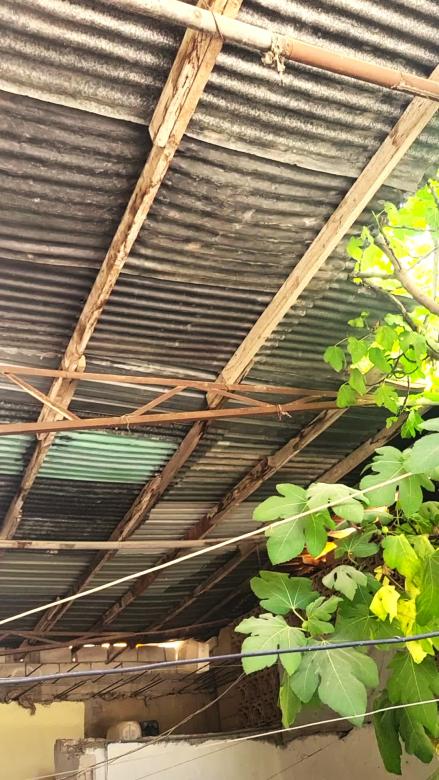
In addition to these renovation efforts, the project is also advocating for critical policy changes regarding buildings and homes for camp residents. By pushing for legal recognition, residence rights, and more climate resilience, the project aims to provide these families with security and stability.
Marka Camp stands as a testament to the resilience of Palestinian refugees, particularly those from Gaza. Overcrowded and crumbling, the camp embodies the struggles of a community that has been marginalized and neglected. The Home Equals project aims to improve the living conditions for those who have endured unimaginable hardship for far too long, helping them realize a future where they can dream of a brighter tomorrow.